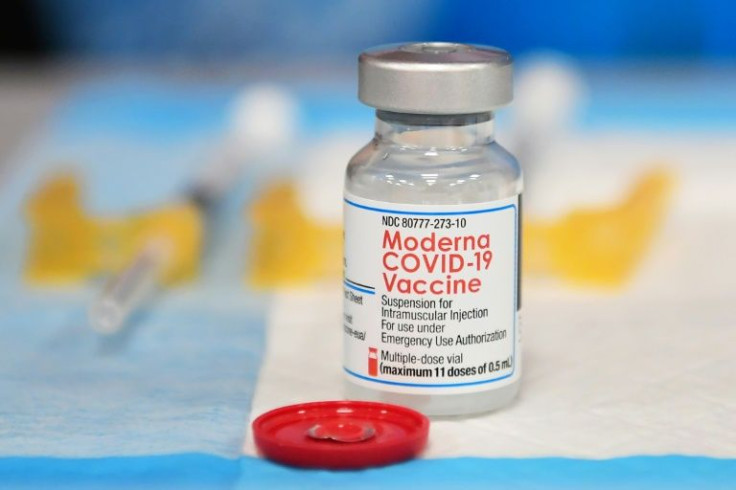As BA.2 Fails To Surge, Americans Weigh The Benefits Of A Second Booster Shot
The Food and Drug Administration authorized a second booster dose for adults 50 and older along with immunocompromised people on Tuesday. However, the benefits of getting a second booster are unclear and the Omicron BA.2 sub-variant has failed to surge in the US so far.
The scientific evidence that a fourth dose is necessary or beneficial is mixed. For those who are high risk, a second booster shot may be beneficial, but it is unclear whether it will help everyone.
Plus, the benefits of getting an additional booster shot may diminish with each shot received. Also, despite how much time has passed since the beginning of the COVID-19 pandemic, it is still unclear how long the boosters provide protection.
Still, for those who are older and immunocompromised, John Wherry, director of the Institute for Immunology at the University of Pennsylvania, told the New York Times that he would recommend these populations get boosted.
“There may be a short period of time — you know, one to three months — where you are getting increased protection from infection to some degree . . . That will of course then reduce transmission,” Dr. Wherry said.
Dr. Leana Wen told CNN that she would also recommend getting a second booster dose that the Centers for Disease Control and Prevention (CDC) recommended if eligible.
Still, people in the US have yet to fully accept the benefits of booster shots as well. The number of people receiving their booster shots is significantly less than those who received an initial course of vaccination.
With the initial booster shot campaign, only four in ten adults reported getting a booster shot (42%), according to a Kaiser Family Foundation survey conducted in January. For comparison, only around half of people in the U.S. get vaccinated against the flu every winter season.
As the virus keeps mutating like the flu, it is likely that if there are yearly or bi-yearly booster doses they will have to keep up with the latest or most likely variants. However, if any future variants fail to produce an impact like the initial wave of COVID-19, or Delta and Omicron, then people may not feel the need to get boosted.
Even though 3 in 4 cases of COVID-19 in the U.S. last week were BA.2 cases, the CDC has also shifted its focus from cases to hospitalizations and hospital capacity, not the number of cases. Still, BA.2 is not producing the surge and related impacts that past variants and waves have.
“I wouldn’t be surprised if we see a bump in some places that is more severe than others,” William Hanage, a Harvard University epidemiologist, told Vox, referring to varying vaccination rates in regions across the US.
By CDC's standard, in most places, BA.2 is not placing an overloading capacity on hospitals or producing a higher number of casualties. If the government is not concerned with rising cases, that may influence people’s decisions about whether to get a second booster dose.

© Copyright IBTimes 2025. All rights reserved.






















